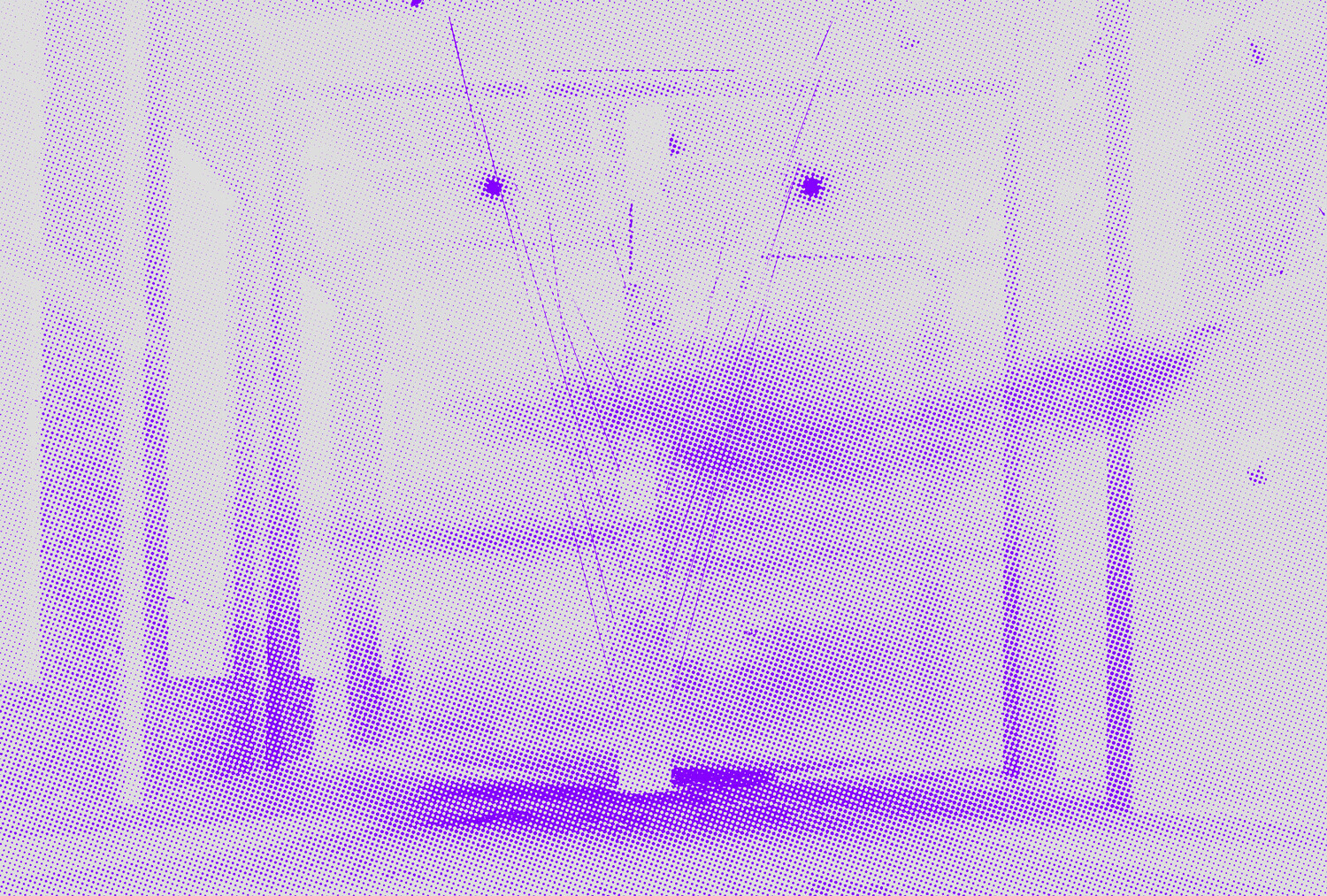A two-part public assembly on the space and time of epidemics
A two-part public assembly on the space and time of epidemics
Curated by Andrea Bagnato and Ivan L. Munuera
October 29–31 and November 26–28, 2021
“Is there a way,” Judith Butler asked in 2003, “that we might struggle for autonomy in many spheres, yet also consider the demands that are imposed upon us by living in a world of beings who are, by definition, physically dependent on one another?” Epidemics make us vulnerable—but recognizing the political nature of this condition is a way toward imagining a different existence along other humans and non-humans.
Vulnerable Beings builds on long-term research by Andrea Bagnato and Ivan L. Munuera, taking infectious diseases as a lens to think about space and cohabitation. In a two-part public assembly at maat, guests from different disciplines and backgrounds will come together, for a dense sequence of lectures, dialogues, performances, screenings, and music.
Contagion is always a function of proximity—a proximity that is starting to be uncomfortable, as capitalist ecological devastation makes epidemics more frequent. Protocols to control contagion—what is defined as public health—have historically reshaped buildings and cities. But outside the West, public health was also a tool of colonial oppression, violence, and segregation. Even within the West, subjects and social groups that did not follow the “norm” were structurally excluded, as the ongoing HIV/AIDS pandemic made visible.
Vulnerable Beings will ask how epidemiological knowledge is produced and spatialized, and whom it excludes; how the language around illness and health can be re-signified, to do away with oppressive metaphors; and how to learn from past and present forms of collective organizing in the face of suffering.
This is the first part of a multi-sited project curated by Andrea Bagnato and Ivan L. Munuera, which will continue with Contact Zones / Zonas de contacto, an exhibition opening in the summer 2022 at La Casa Encendida.
Some of the outcomes and proceedings will be available on maat ext. (extended) and on the museum’s YouTube channel.
Assembly I: TUNING IN
Friday, October 29
Vivian Caccuri (artist and sound maker)
Saturday, October 30
Carlo Caduff (Department of Global Health and Social Medicine, King’s College London), Teresa Fabião (activist and artist), Dan Glass (ACT UP London), Anjuli Fatima Raza Kolb (Department of English, University of Toronto), Panagiota Kotsila (Institute for Environmental Science and Technology, UAB), Meike Wolf (medical anthropologist)
Sunday, October 31
Rachaporn Choochuey (architect), Sofia Gallisá Muriente (visual artist), Cruz García (architect), Tomaso de Luca (visual artist), Marina Otero Verzier (Het Nieuwe Instituut), Francesco Urbano Ragazzi (curatorial duo)
Screenings:
Sofia Gallisá Muriente, Celaje (2020)
Tomaso de Luca, A Week’s Notice (2020)
Ira Sachs, Last Address (2009)
Assembly II: SOUNDING OUT
Friday, November 26
Jack Halberstam (Institute for Research on Women, Gender, and Sexuality, Columbia University), Himali Singh Soin (visual artist and writer)
Saturday, November 27
Isabel Amaral (Centro Interuniversitário de História das Ciências e da Tecnologia, FCT/NOVA), Sofia Lemos (TBA21), Edwin Nasr (de Appel, Ashkal Alwan), Uriel Orlow (visual artist), Jasbir K. Puar (Women’s and Gender Studies, Rutgers University), Sarah Schulman (College of Staten Island, CUNY)
Sunday, November 28
Nerea Calvillo (Centre for Interdisciplinary Methodologies, University of Warwick), Lucia Casani and Monica Carroquino (La Casa Encendida), Tamara Giles-Vernick (Institut Pasteur), Michael Marder (Department of Philosophy, University of the Basque Country), Elise Misao Hunchuck (School of Architecture, Royal College of Art), Françoise Vergès (political theorist and decolonial feminist activist), Michael Wang (visual artist)
Screenings:
Forugh Farrokhzad, The House Is Black (1963)
Jim Hubbard, United in Anger: A History of ACT UP (2012)
Uriel Orlow, The Crown Against Mafavuke (2016)
Tickets and full schedule will be available on maat.pt
Visual indentity: Omnigroup

